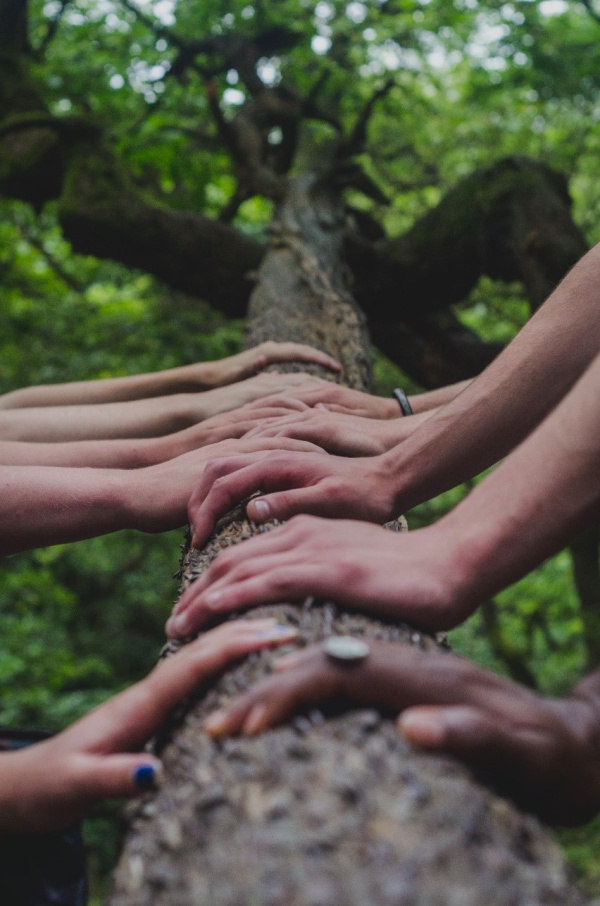
Mainstreaming 1.5° lifestyles means making climate-friendly living the norm. This is already the case in many so-called “ecovillages”, small communities that have the aspiration to live more socially, environmentally and economically sustainable lifestyles, and keep carbon emissions as low as possible. As part of WP2 in the EU 1.5° project, we interviewed community members of such ecovillages in Germany and Sweden, who provided valuable insights into their daily lives.
Sustainable lifestyles encompass many different areas, such as housing and nutrition or mobility and leisure activities. Adapting to the climate goal therefore requires diverse knowledge and skills. Our interviewees highlighted that their ecovillage communities can implement many different sustainable practices because tasks and responsibilities are divided between the members. For example, while some members may know more about agriculture and have great skills in growing food, other members may have more knowledge in energy related issues and handle the installation of renewable energy systems. Sharing tasks and areas of expertise is one of the main benefits of living in a like-minded community. In addition, decisions for new sustainable options are made together. Members can inspire each other with ideas and suggestions they might not have thought of on their own. For instance, one interviewee stated that some members of his ecovillage suggested giving up clothes dryers, as they are very energy-intensive household appliances. Now, people in his ecovillage dry their laundry outside, which works perfectly, even in winter.
But what about the majority of people in society, who do not live in ecovillages?
Many people are on their own when it comes to adapting their lifestyles to the 1.5° climate target. Some of our other interview respondents face particular challenges in not having a supportive community around them, where tasks and skills can be divided among individuals. In our interview sessions, we heard from activists who were burned out from putting so much of their time and hearts into addressing structural barriers that prevent 1.5° sustainable living. One activist reported working more hours in their activist role than in their regular job. Another reported difficulty in putting up with their meat-eating family, as this contradicted their own values. Climate despair, or depression caused by fear of climate change, is a phenomenon that has gained prominence in recent years. It is a sign that individuals are taking on a great individual burden for crises which we have to bear as a society, and should solve as a society within our political and economic system.
A first learning from the interview sessions is that like-minded communities that share the motivation to reach the 1.5° target can be a helpful support system for individuals to work collectively in the transition to low-carbon lifestyles. If we support and inspire each other on the path to sustainability, we are much more likely to reach the climate goal, than if we attempt to take on the burden alone.
Rebecca Brandmeier & Lena Domröse (adelphi), Jessika Richter (ULund)
Image Source:
Free Hands Image on Unsplash, Shane Rounds (2018)

